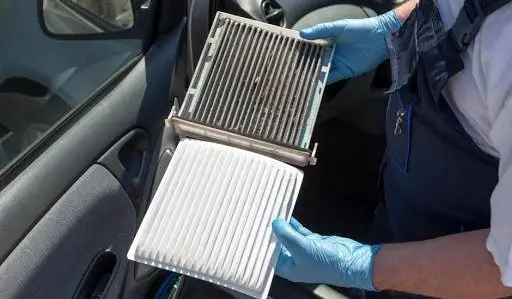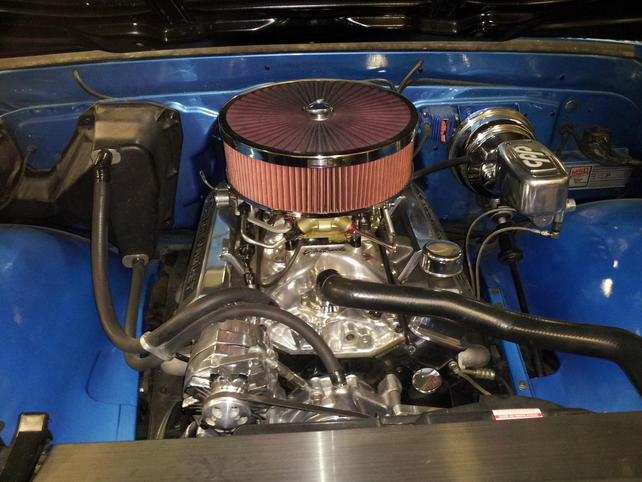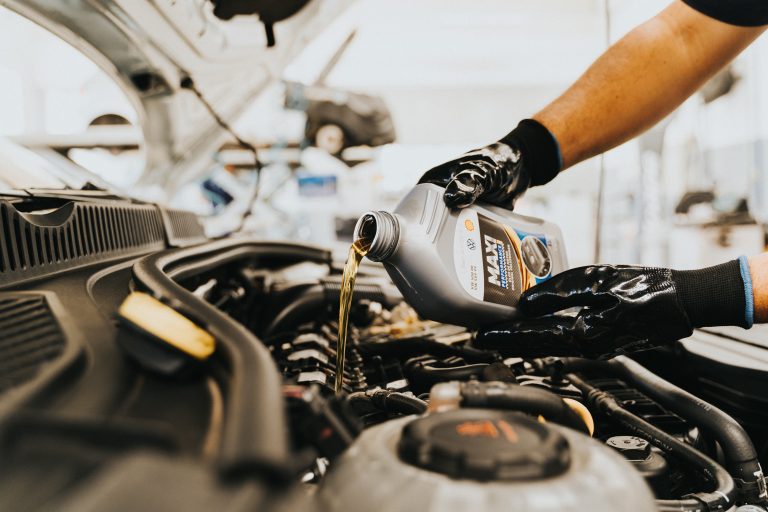Moisture buildup in your car’s AC system can lead to unpleasant odors, reduced cooling efficiency, and even potential damage to the components. To ensure your car’s AC functions optimally, it’s crucial to understand how to remove moisture from the system. In this comprehensive guide, we’ll walk you through the process step by step, providing expert insights and practical solutions.

How to Remove Moisture from Car AC System
Moisture in your car’s AC system can be a common issue, especially in humid climates. Here’s a detailed breakdown of how to effectively remove moisture and maintain a comfortable driving experience.
Understanding the Impact of Moisture
Moisture in your car’s AC system can lead to mold and mildew growth, affecting the air quality inside your vehicle. It can also cause ice formation on the evaporator coil, reducing cooling efficiency.
Signs of Moisture Buildup
Before diving into the removal process, it’s essential to recognize the signs of moisture buildup in your car’s AC system. Look out for:
- Musty Odors: A damp, musty smell when you turn on the AC.
- Reduced Cooling: If the air from your AC feels less cold than usual.
- Foggy Windows: Excess moisture can lead to foggy windows, impairing visibility.
How to Remove Moisture from Car AC System
- Inspect for Leaks: Begin by checking for any refrigerant leaks. Moisture can enter through leaks in the system.
- Recharge the Refrigerant: If necessary, recharge the refrigerant to the manufacturer’s recommended levels. This can help remove excess moisture.
- Run the AC: Turn on the AC and let it run at its coldest setting for 15-20 minutes with the windows closed. This will help evaporate moisture from the system.
- Replace the Cabin Air Filter: A clogged or dirty cabin air filter can trap moisture. Replace it to ensure proper airflow.
- Check for Drainage Issues: Ensure that the AC condensate drain is clear and functioning correctly. Clogs can lead to moisture buildup.
- Use a Dehumidifier: Consider using a car dehumidifier to absorb excess moisture from the cabin air.
- Regular Maintenance: To prevent future moisture issues, stick to a regular maintenance schedule for your car’s AC system.

Preventive Maintenance for Moisture Control
Preventive maintenance is the key to ensuring that moisture buildup in your car’s AC system doesn’t become a recurring issue. By following these steps, you can effectively control moisture and maintain a comfortable driving environment.
Regular AC System Inspections:
Make it a habit to inspect your car’s AC system at regular intervals, ideally before the start of the hot season. Look for any visible signs of leaks, damage, or moisture-related issues.
Change Cabin Air Filters:
Cabin air filters play a crucial role in maintaining air quality and preventing moisture buildup. Replace them according to your car manufacturer’s recommendations or at least once a year.
Clean the Drainage System:
Ensure that the AC condensate drain is clear and free from clogs. Regularly clean it to prevent blockages that can trap moisture.
Run the AC System:
Even during the colder months, run your car’s AC system for a few minutes every week. This helps circulate dry air through the system, reducing the chances of moisture accumulation.
Use a Car Dehumidifier:
Consider investing in a car dehumidifier. These small, portable devices can absorb excess moisture from the interior, helping to maintain a dry environment.
Check for Mold and Mildew:
If you notice any musty odors, it could be a sign of mold or mildew growth in the AC system. Address this issue promptly to prevent further moisture-related problems.

Signs of Moisture Buildup in Your Car
Recognizing the signs of moisture buildup in your car’s AC system is essential to address the issue promptly. Here are common indicators that moisture might be affecting your AC system:
Musty Odors:
A damp, musty odor when you turn on the AC is a telltale sign of moisture buildup. This odor is often caused by mold or mildew growth in the system.
Reduced Cooling Efficiency:
If the air blowing from your car’s AC vents feels less cold than usual, it could indicate moisture-related issues. Moisture can freeze on the evaporator coil, hindering its ability to cool the air effectively.
Foggy Windows:
Excess moisture in the cabin air can lead to foggy windows, especially during cold or humid weather. This not only impairs visibility but also indicates a moisture problem.
Water Drips:
If you notice water dripping from the underside of your dashboard when the AC is running, it may be a sign of condensation buildup due to moisture in the system.
Unpleasant Smells:
In addition to musty odors, you might experience other unpleasant smells when the AC is on. These odors can result from moisture-related issues.
FAQs
Q: Can I remove moisture from my car’s AC system myself?
A: Yes, you can follow the steps mentioned in this guide to remove moisture. However, if you’re not comfortable, it’s advisable to consult a professional.
Q: How often should I recharge the refrigerant?
A: It depends on your AC system’s condition. Consult your car’s manual for recommended maintenance intervals.
Q: What if I still smell musty odors after following these steps?
A: Persistent odors may indicate mold growth. Consider using an AC system cleaner or consult a professional for cleaning.
Q: Is it necessary to replace the cabin air filter?
A: Yes, a clean air filter ensures proper airflow and helps prevent moisture buildup.
Q: Can moisture damage my car’s AC compressor?
A: Excessive moisture can lead to compressor damage over time, so it’s essential to address moisture issues promptly.
Q: Can I prevent moisture buildup in the first place?
A: Regular AC system maintenance and using a car dehumidifier can help prevent moisture issues.
Conclusion
Removing moisture from your car’s AC system is essential for maintaining a comfortable and healthy driving environment. By following the steps outlined in this guide and staying proactive with maintenance, you can ensure that your car’s AC runs efficiently and keeps you cool on the road.







